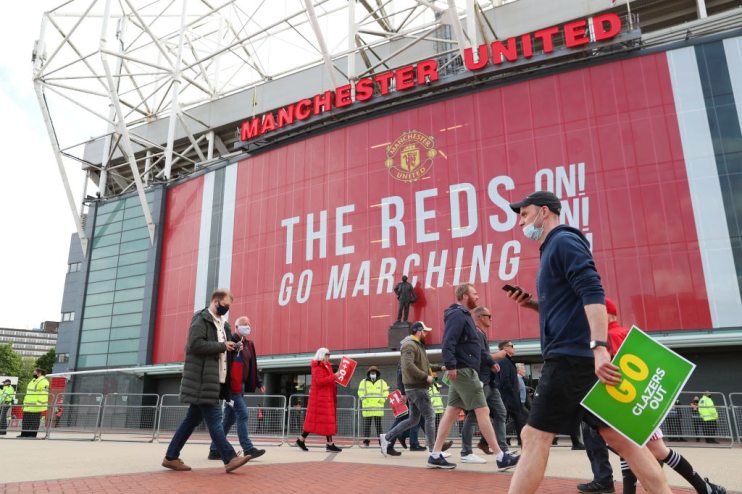Taxman intensifies crackdown on footballers and agents

The taxman is intensifying its crackdown on footballers as it pushes to clawback money from an industry that is swelling with unpaid tax, reveal fresh figures released today.
HMRC is targeting football clubs for £45m in underpaid tax, according to national accountancy group UHY Hacker Young.
The taxman probed 93 football players over the last year in a bid to reclaim unpaid money from a group of extremely high earners.
Elliott Buss, Partner at UHY Hacker Young, said: “HMRC sees the football industry as an area where there is a great deal of unpaid tax owed by extremely high earners.”
The taxman thinks the football industry owes it £55.6m in unpaid tax, highlighting the scale of activities players, clubs and agents use to reduce their tax bills.
The figures come as both Manchester United and Newcastle United disclosed HMRC has launched probes into their tax affairs recently.
HMRC launched nine investigations into clubs last year.
HMRC targets footballers’ agents
Football agents’ tax affairs are coming under greater scrutiny from HMRC’s investigators, UHY Hacker Young said.
HMRC launched probes into 23 football agents over the last year. The taxman is zoning in on how clubs, players and agents use split payment structures to reduce their tax bills.
“HMRC increasingly targeting agent’s fees is a clear signal that they think this is an area where too much tax is going under paid,” Buss added.
Agents are typically paid by the club and player they represent to manage a football transfer. These fees are often split 50/50 between the player and the club, with the club footing the players bill .
However, the agent typically does more work for the player. This method reduces the player’s tax bill.
“HMRC has previously voiced concerns that this 50/50 split was being exploited. It has now demanded that agents’ work for the club is properly accounted for, or the fee is split in a more representative manner,” UHY Hacker Young said.
The taxman has also continued to focus on footballers’ use of image rights. Well-known players usually set up companies to sell their image, meaning they pay a lower rate of tax on income generated from image sales.